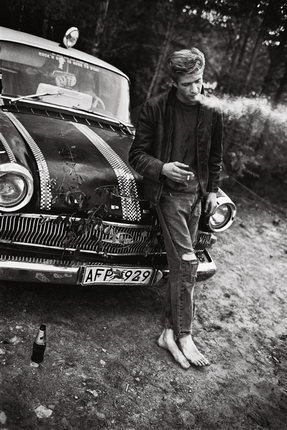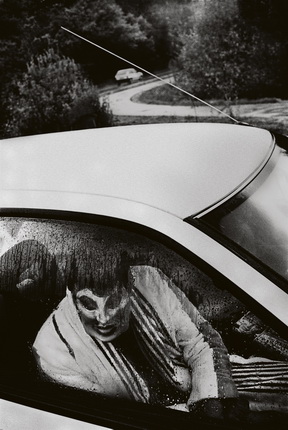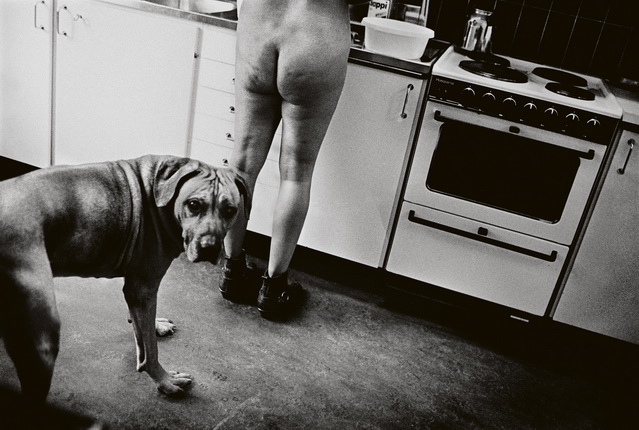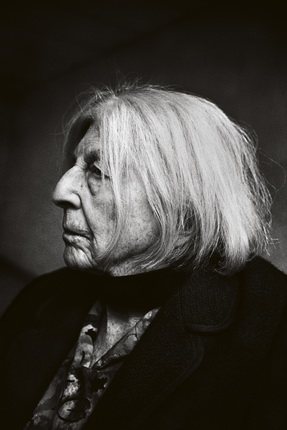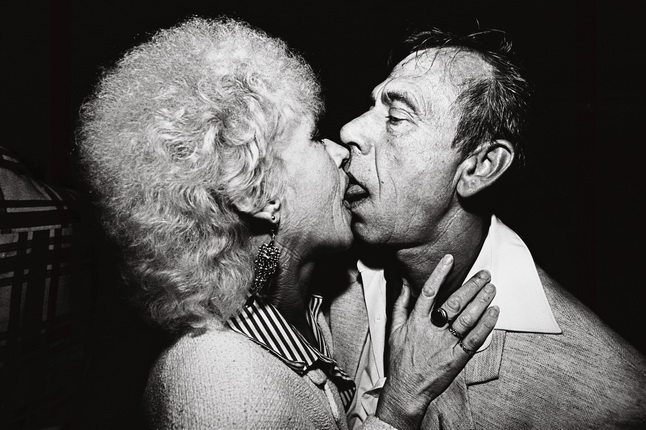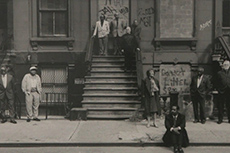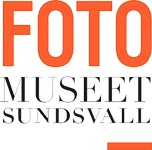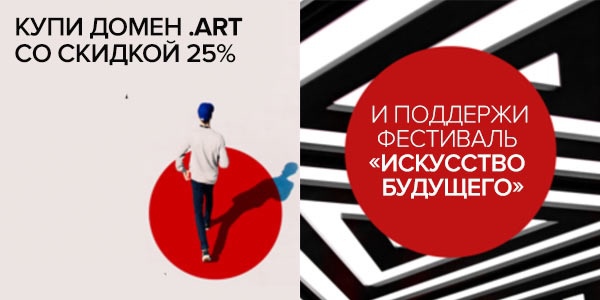From Back Home
Moscow, 22.03.2014—20.04.2014
exhibition is over
New Manege
Gueorguievski per., 3/3 (
opening hours: 12:00 - 21:00, day off - Monday.
Tel: +7 (495) 692-44-59
Share with friends
Curators: Anders Petersen, Petter Österlund
For the press
MAMM presents ’From Back Home’, an exhibition by legendary Swedish documentary photographer Anders Petersen, as part of the 10th International Month of Photography in Moscow, Photobiennale 2014.
Petersen was born in Stockholm in 1944. He came from a bourgeois family that made him feel an outsider, even as a child. In an attempt to flee from this world of restraint and hypocrisy, from the ‘do-gooders’ that surrounded him, Anders Petersen left for Hamburg at the age of 18 to learn German. There he found himself in a different reality whose most important quality was the opportunity it gave people to be perceived as they really are, with all their weaknesses and limitations, and the potential for direct and honest relations — in this world of drifters from all over the globe there were no judges or convictions.
Strolling through the city streets one day, Petersen discovered the Café Lehmitz, a bar on the Reeperbahn where he encountered denizens of the red-light district: pimps, prostitutes, transvestites, petty thieves, etc. After studying with celebrated Swedish photographer Christer Strömholm and inspired by his ideas, Petersen returned to this café several years later to suggest a photo session with the regulars. Three years of work resulted in his solo exhibition ‘Café Lehmitz’ (1967-1970), which brought Anders Petersen international recognition. The Moscow House of Photography Museum has already shown this exhibition in Moscow, in a joint presentation with Fotomuseet Sundsvall for the Photobiennale 2006.
A few details should be added about Petersen’s friendship with Christer Strömholm. Strömholm is an eminent Swedish photographer whose work greatly influenced contemporary photo art. ‘Les amies de Place Blanche’, his famous 1959 photo series on the life of Parisian transvestites, proved a landmark in the field of street photography and revolutionised the distance that previously existed between photographer and model. Strömholm taught us not only to observe, but also to participate and empathize. These ideas were undoubtedly reflected in the work of his friend and pupil Anders Petersen.
In 1973 Petersen produced his first book, ‘Gröna Lund’ (‘Green Grove’), about visitors to the Stockholm amusement park of that name. In 1974 he graduated from the Swedish Film School, Dramatiska Institutet, in Stockholm, and in 1978 his book ‘Café Lehmitz’ was published in Germany.
In the first series of photographs we already see the basic principles to which Petersen remains faithful to this day. This is how he formulates them: ‘I don’t belong to the digital world. I’m an analogue photographer. I don’t want to appear like a professional and famous photographer. I just want to be an amateur. I only have a small camera. With this modest camera it’s easier to get close to people, you approach them like a person, not a photographer. I search for people, I seek contact and good conversation. I like the animalist, primitive approach. I value what is natural in people. That is truthful.’
The first volume of his acclaimed trilogy about closed institutions was published in 1984. Petersen’s concept for the three books was to focus on inhabitants of a nursing home for the elderly, a psychiatric clinic and a prison. ‘The camera functions like a key,’ recalls Petersen. ‘Without the camera I would never have been allowed inside a prison or psychiatric hospital.’
The ‘From Back Home’ project is the result of collaboration between Anders Petersen and JH Engström. Issued in 2009, the book was awarded many prestigious photography prizes, including the Arles Contemporary Book Award for 2009. For Anders Petersen the ‘From Back Home’ exhibition now showcased by MAMM represents a journey to his origins. Värmland is a silent and harsh region covered with ancient forests and populated by taciturn, reserved people, yet also filled with childhood memories, melancholy, loneliness and the dreams that allowed a youth of 18 to escape into the vast, populous world outside and tell his poetic, profound, occasionally extravagant, and very personal story.

